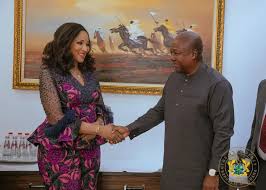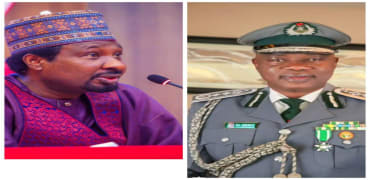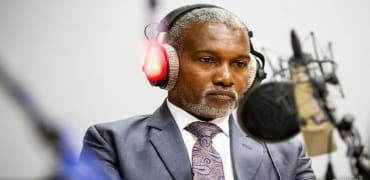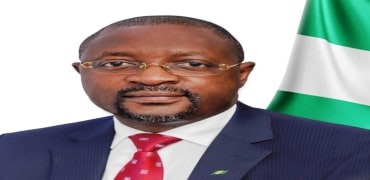No Place for Xenophobia in Ghana, President Mahama Assures Nigerians
No Place for Xenophobia in Ghana, President Mahama Assures Nigerians
Ghana’s President, John Mahama, has reaffirmed his country’s unwavering commitment to regional unity and peaceful coexistence, declaring that xenophobia has no place within Ghana’s borders.
The Ghanaian leader made this emphatic statement while receiving Nigeria’s special envoy, led by Minister of State for Foreign Affairs, Ambassador Bianca Odumegwu-Ojukwu, at the Presidential Palace in Accra.
According to a press release issued by Dr. Magnus Eze, Special Assistant on Communication and New Media to the Nigerian Minister of State for Foreign Affairs, President Mahama reassured that Ghana remains loyal to the principles of the Economic Community of West African States (ECOWAS), especially the protocol on free movement of people and goods across member states.
Responding to recent tensions stirred by protests allegedly targeting Nigerians in Ghana, Mahama urged President Bola Tinubu not to lose sleep over the situation. He emphasized that Nigeria and Ghana share deep-rooted ties of brotherhood, history, and culture—bonds too strong to be fractured by isolated incidents.
Mahama clarified that the unrest had been triggered by the recirculation of a decade-old video, originally recorded by a Nigerian resident in Ghana. While the video caused public unease, he noted that the protests were minimal in scale, involving fewer than 50 individuals, and were swiftly brought under control. He assured the visiting envoy of the safety and well-being of all Nigerians in Ghana, including the protection of their lives, businesses, and properties.
In her remarks, Ambassador Odumegwu-Ojukwu expressed gratitude for the warm reception and Ghana’s quick response to the situation. She explained that the mission was prompted by growing concern in Nigeria over the welfare of its nationals in Ghana, especially in light of the viral video.
The envoy also proposed the creation of a permanent Nigeria-Ghana Joint Commission, designed to strengthen bilateral relations and collaboratively address youth migration—often driven by high unemployment rates among the under-45 demographic.
“We want our young people to see Nigeria as a land of opportunity. And if they must go abroad, let them represent the best of who we are,” Odumegwu-Ojukwu said.
By Haruna Yakubu Haruna

















